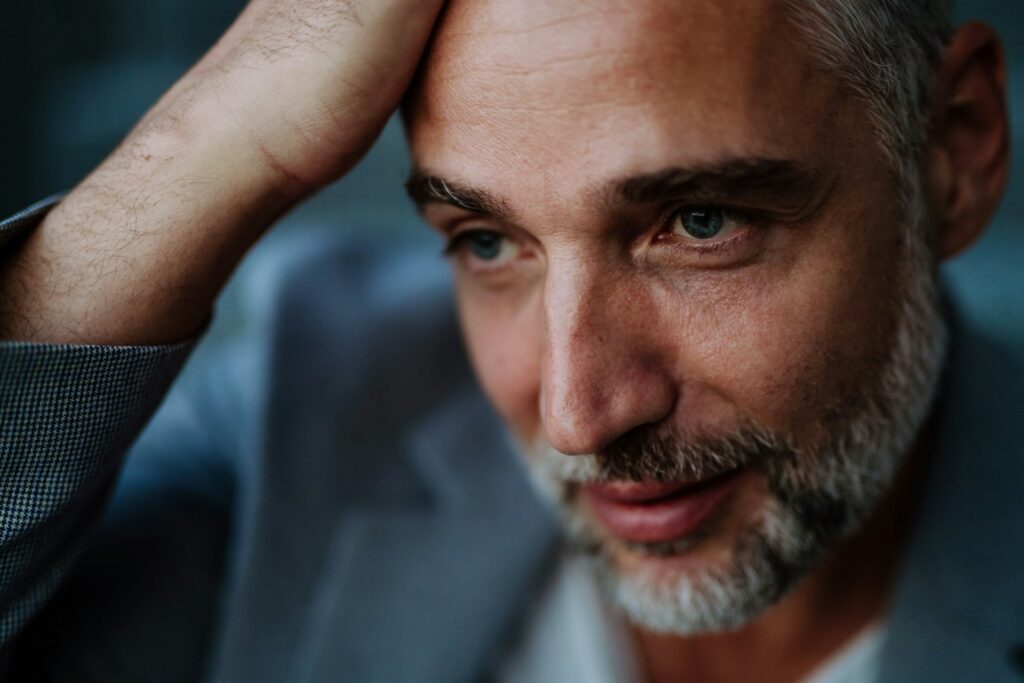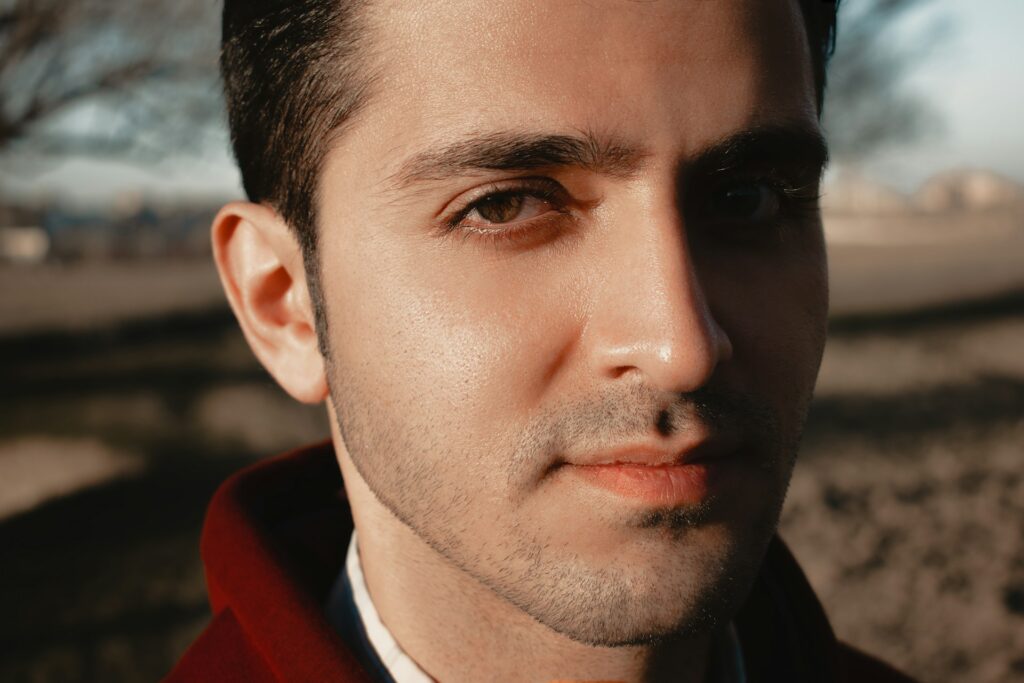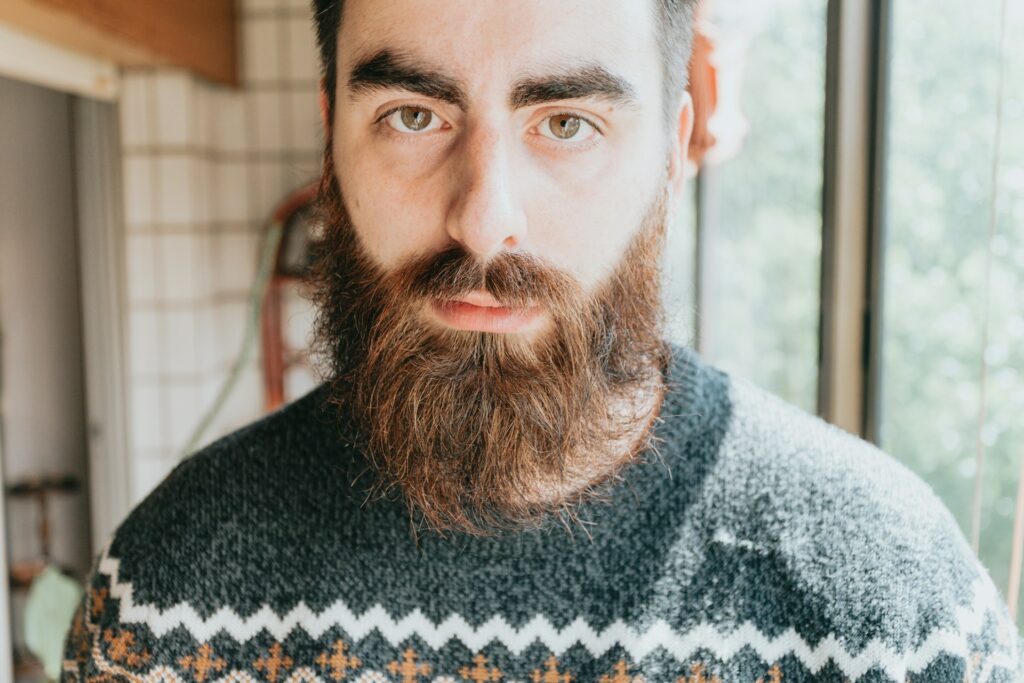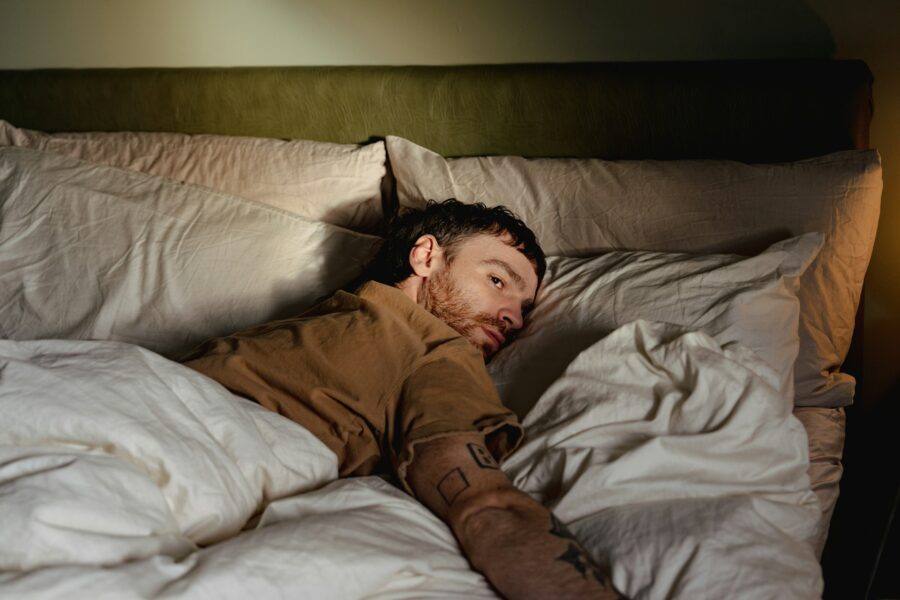For a long time, mental health conversations focused on fixing, solving, and finding clear answers.

However, more and more, people are realising that life isn’t always something you can tidy up neatly, and that learning to live with uncertainty is a bigger part of mental health than anyone really talks about. Here’s why embracing unpredictability is becoming a new normal when it comes to feeling mentally stronger and more grounded.
1. Healing isn’t always a straight line anymore.

There used to be this neat idea that if you worked hard enough—read the right books, went to enough therapy—you’d eventually “arrive” somewhere fully healed. But most people now recognise that healing happens in spirals, waves, and unexpected loops. Progress doesn’t always look like constant forward momentum. Learning to expect ups and downs, relapses, and re-learning lessons over time is part of the work. It’s not failure. It’s just real life unfolding.
2. Diagnoses are being understood as starting points, not final labels.

Getting a diagnosis can be powerful, validating, and necessary. However, it’s also becoming clear that a label doesn’t explain everything—or stay static forever. Mental health is a moving target, and one diagnosis doesn’t define your whole journey. More people are learning to treat diagnoses as tools for understanding, not fixed identities. Flexibility makes space for change, growth, and the complexity of who you are beyond any one label.
3. Coping skills change depending on the season of your life.

What helped you five years ago might not work now. What feels grounding during one chapter can feel irrelevant during another. Mental health strategies aren’t one-size-fits-all—or one-size-forever. Instead of feeling defeated when old tools stop working, people are learning to see it as a sign of evolution. As you grow, your needs change, and staying mentally healthy often means constantly recalibrating your coping toolkit.
4. There’s less pressure to feel “good” all the time.

There was a time when mental wellness got painted as pure positivity: gratitude journals, smiling through the struggle, manifesting hard enough to erase sadness. Now, there’s a much wider acceptance that feeling bad sometimes is normal. Being mentally healthy doesn’t mean being endlessly cheerful. It means being able to sit with discomfort, sadness, anger, or confusion without making those feelings proof that you’re broken.
5. Mental health recovery isn’t seen as one big “aha” moment anymore.

People are moving away from expecting a single breakthrough that solves everything. Growth happens in dozens of tiny, often invisible choices—getting out of bed, asking for help, setting a tiny boundary, choosing self-kindness instead of self-hate. Understanding this makes recovery feel less mythical and more human. It’s not a mountaintop you reach once. It’s a thousand little movements toward yourself over and over again.
6. Accepting what you can’t control is becoming a strength, not a weakness.

For a long time, strength was framed as mastering everything—fixing every flaw, controlling every outcome. Now, resilience is increasingly recognised as the ability to keep showing up even when you don’t have all the answers. Accepting uncertainty, sitting in the unknown without spiralling, and staying curious about what’s next—that’s a quieter, deeper kind of mental toughness that’s finally getting the respect it deserves.
7. Support systems are evolving to include less traditional spaces.

Therapists and doctors are crucial, but people are also finding healing in group chats, podcasts, journalling groups, and supportive online communities. Mental health support doesn’t always wear a white coat anymore. That expansion reflects how messy and personal healing really is. What works for one person might look completely different from what works for another, and that’s not a failure. It’s growth finding new shapes.
8. People are learning to grieve their “what could have been” stories.

Mental health journeys often involve mourning the life you thought you were going to have—the one untouched by anxiety, depression, trauma, or chronic stress. That grief can take a long time to even name. Giving yourself permission to grieve those lost versions of yourself, instead of shaming yourself for not being “strong enough,” is a huge step toward building a more honest, compassionate relationship with your real life.
9. Uncertainty is no longer seen as a personal failing.

There’s a growing understanding that not knowing exactly who you are, what you want, or how to fix everything isn’t weakness. It’s part of being human, especially in a world that’s changing faster than ever. Instead of viewing confusion or hesitation as something to be ashamed of, more people are learning to move through it with curiosity, and trust that clarity often comes from movement, not overthinking.
10. Recovery timelines are finally being recognised as individual.

There’s no right amount of time to heal from a breakup, a loss, or a mental health crisis. Some people need months. Some people need years. Some people cycle through new stages at unexpected moments. More mental health spaces are recognising that you can’t rush healing—and trying to do so often makes things harder. Your pace is your pace, and that’s not only okay—it’s necessary for real, lasting change.
11. “High-functioning” no longer means “healthy.”

Just because someone is getting up, going to work, and ticking boxes doesn’t mean they’re okay. The myth that success equals wellness is slowly cracking, and people are seeing that functioning while struggling is still struggling. Being busy, high-achieving, or outwardly fine doesn’t cancel out real pain. Learning to recognise and honour invisible struggles, even your own, is a crucial part of a more honest mental health conversation.
12. People are learning that healing sometimes means letting go of old dreams.

Sometimes, healing asks you to walk away from dreams that once mattered deeply—the relationship, the career, the version of yourself you thought you had to become. That’s heartbreaking and freeing all at once. Letting go isn’t the same as giving up. It’s about making space for dreams that fit who you actually are now, not who you thought you were supposed to be before everything cracked open.
13. More people are normalising not having it all figured out.

There’s a growing quiet pride in admitting: I don’t know what’s next, but I’m showing up anyway. It’s no longer about chasing a final, flawless version of yourself. It’s about learning to live well in the messiness of becoming. Uncertainty isn’t a flaw to fix. It’s the backdrop of real, lived experience—and learning to move through it with grace might be one of the most powerful forms of healing there is.


